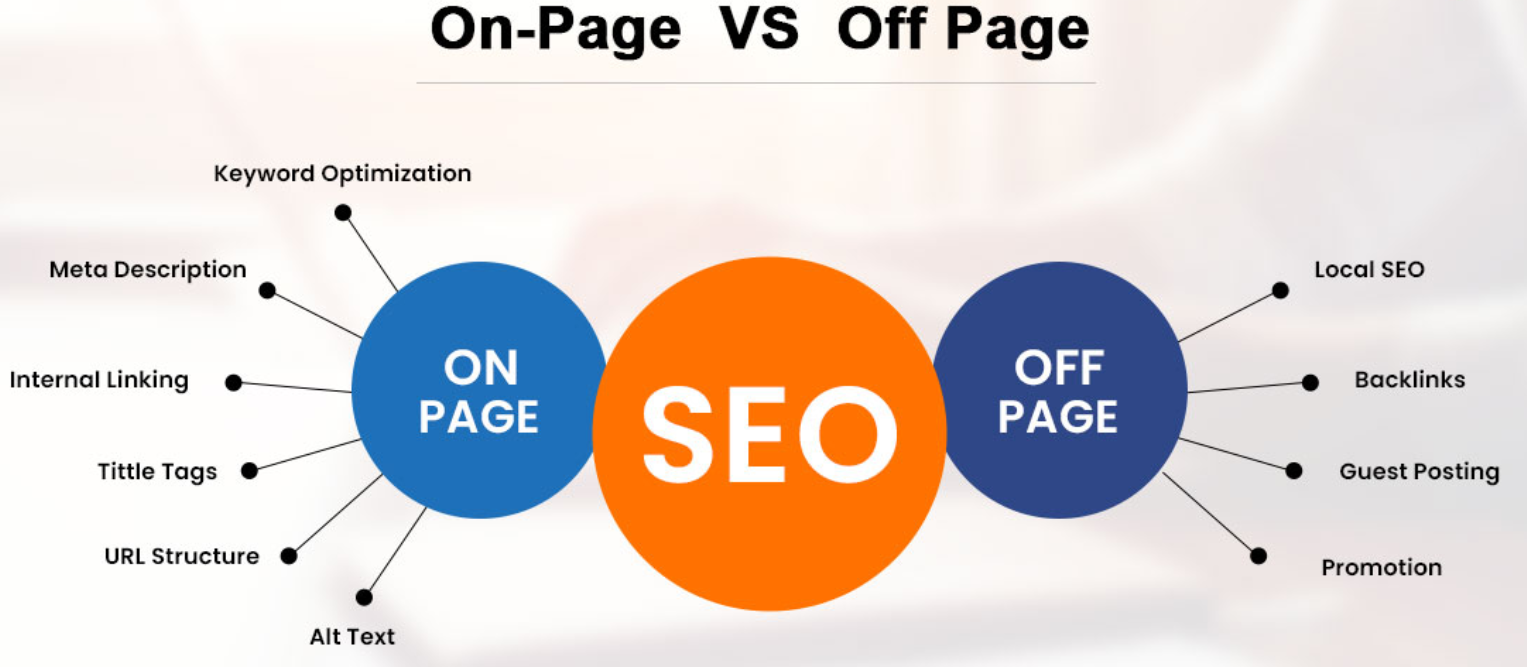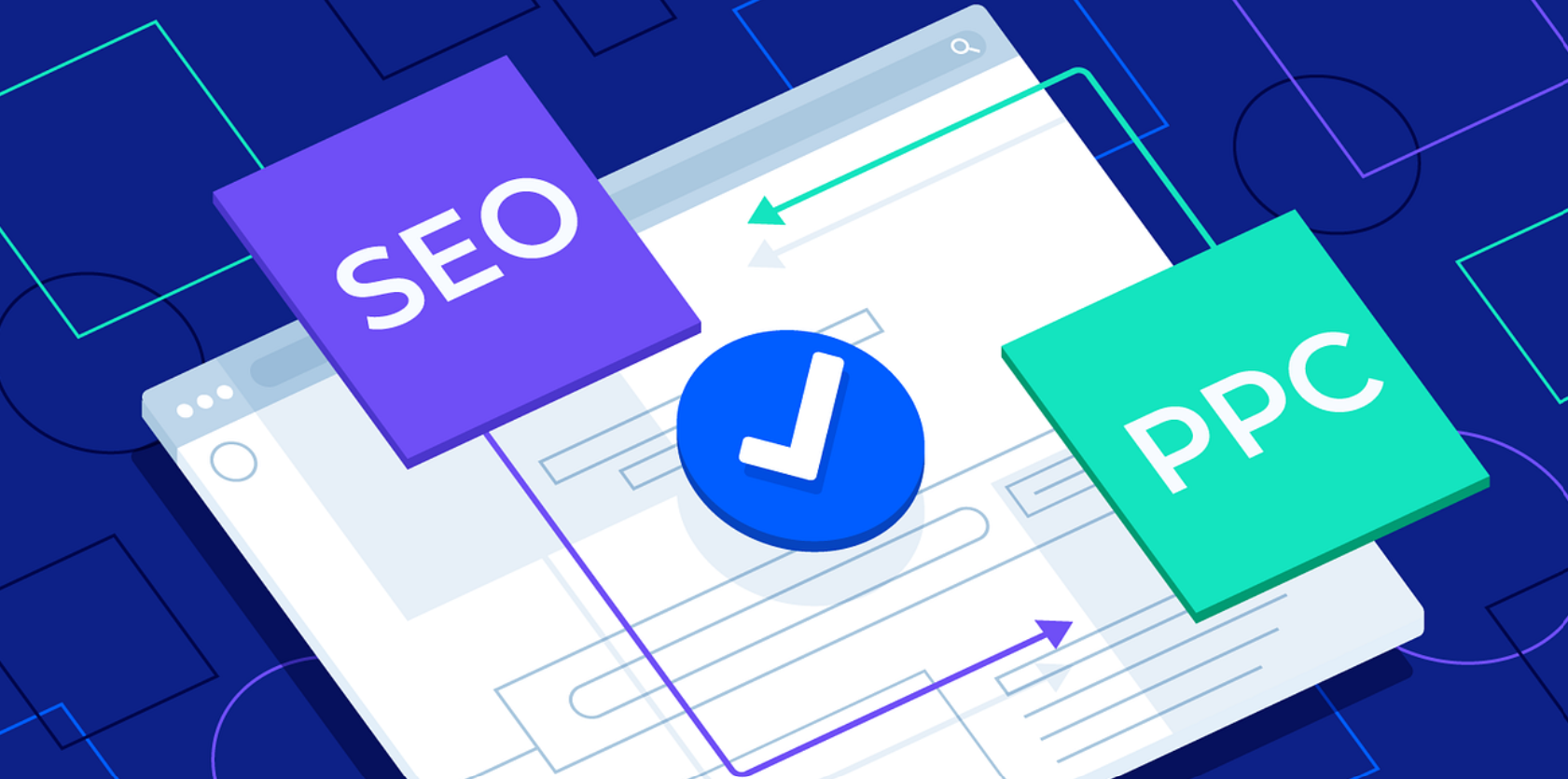Table of Contents
Build Your Website. Grow Your Business
In the digital age of 2025, your business website is not just a virtual storefront—it’s the engine driving your growth. With global e-commerce sales projected to reach $4.32 trillion this year, businesses without a high-performing online presence are missing out on unprecedented opportunities. At Ravens Digital, we don’t just create websites; we craft digital ecosystems that deliver measurable results, helping brands like Nike, Disney, and Salesforce dominate their markets. This article guide to taking decisive action to build or revamp your business website. Packed with actionable steps, real-world success stories, and data-driven insights—including a detailed chart and table—we’ll show you why partnering with Ravens Digital is the key to unlocking your business’s full potential.
This isn’t about theoretical advice; it’s about empowering you to act now. Your competitors are already leveraging the 71% of small businesses with websites to fuel faster growth. Don’t let them take the lead. Let’s dive into why a website is critical, how to build one that converts, and why Ravens Digital is your ultimate partner.
Why Your Business Website is Non-Negotiable in 2025
The digital landscape is evolving rapidly, and a website is your business’s foundation for success. In 2025, 28% of all business activity occurs online, and this share is growing steadily. Yet, 28% of small businesses still lack a website, leaving them invisible to the 99% of consumers who search for local businesses online. For those with a website, the payoff is clear: 81% of U.S. small businesses report that their website has directly contributed to growth, enabling them to reach broader audiences and convert visitors 24/7.
The mobile revolution amplifies the stakes. By mid-2025, mobile devices are projected to account for 64.35% of global website traffic, a significant increase from 59.7% earlier in the year. However, a significant challenge remains: over half (53%) of mobile users abandon sites that take longer than three seconds to load, directly impacting conversion rates. Businesses with mobile-optimized sites see up to 62% higher sales post-optimization. Meanwhile, e-commerce continues its meteoric rise, with global retail e-commerce sales expected to hit $8.3 trillion in 2025, even with slight economic deceleration.
At Ravens Digital, we’ve seen this firsthand. Our client, Michael R., CEO of an e-commerce brand, saw a 150% revenue surge in just three months after we overhauled their site. The message is clear: a website isn’t optional—it’s your digital HQ, and the time to act is now.
The ROI of a Professional Website: Key Statistics
A professional website delivers tangible returns across sales, visibility, and credibility. To illustrate, here’s a breakdown of critical stats that highlight the impact of a well-crafted site:
Metric | Statistic | Source |
E-commerce Sales Growth | Global e-commerce sales to reach $4.32 trillion in 2025 | [48] |
Small Business Website Adoption | 71% of small businesses have a website, driving faster growth | [39, 26] |
Organic Search Traffic | 53.3% of web traffic comes from organic search | [61] |
Mobile Traffic Share | 64.35% of global website traffic is mobile as of mid-2025 | [67] |
Mobile Load Time Impact | 53% of mobile visits abandoned if load time exceeds 3 seconds | [8] |
Conversion Rate Boost | Optimized sites see 2-4% conversion rates, with desktops at 3.9%, mobile 1.8% | [30, 36] |
SEO Impact | A strong 91% of marketers say SEO improves website performance. | [59] |
Credibility via Design | 75% of consumers judge business credibility by website design | [12] |
Live Chat ROI | 79% of businesses with live chat see improved sales and loyalty | [28] |
This chart illustrates the impact of website optimization on conversion rates across various platforms.

This chart underscores the importance of optimizing for all devices, particularly mobile, where conversion rates lag but hold massive potential. At Ravens Digital, we ensure your site maximizes these metrics, driving conversions and revenue.
Your Action Plan: Building a High-Performance Website
Ready to take the leap? Below is a step-by-step guide to building a website that delivers results, designed for immediate action and aligned with 2025 trends.
Step 1: Audit Your Current Digital Footprint
Start by evaluating your existing online presence. If you’re among the 28% of small businesses without a site, prioritize creation. For those with a site, use tools like Google Analytics to assess traffic, bounce rates, and conversions. A common issue we find is that 70% of small business websites lack clear calls-to-action (CTAs), undermining conversions. Our team at Ravens Digital conducts thorough audits to identify and fix such gaps, ensuring your site is primed for success.
Step 2: Set Clear, Measurable Goals
Define what your website needs to achieve—sales, leads, or brand authority. Data guides us here: e-commerce sites average 2-4% conversion rates, but strategic optimization can push this higher. Organic search, accounting for 53.3% of all traffic, makes SEO an indispensable cornerstone. At Ravens Digital, we align your goals with data-driven strategies, ensuring every element of your site serves a purpose.
Step 3: Invest in Responsive Design and UI/UX
With 64% of traffic coming from mobile devices, responsive design is critical. A positive user experience (UX) is crucial; 72% of users share good experiences with five or more people, significantly expanding your reach. Avoid DIY solutions; while 32% of small businesses build their own sites, professional designs yield superior ROI. We specialize in minimalist, user-centric designs that engage and convert.
Step 4: Embed SEO from the Ground Up
SEO isn’t an afterthought—it’s foundational. Since 68% of online experiences begin with a search engine, and 91% of marketers report SEO’s positive impact, optimization is non-negotiable. Fast-loading sites retain 47% more visitors, so we prioritize speed alongside keyword strategies. Our client, Sarah L., saw a 300% organic traffic increase after we optimized their site for SEO.
Step 5: Incorporate Conversion-Driven Features
Features like live chat (boosting loyalty by 79%), targeted PPC landing pages, and compelling content are essential. Google Ads conversions average 7.52%, but our PPC campaigns consistently outperform, as seen with Emily R., who doubled leads while halving ad costs. We integrate these elements seamlessly to maximize ROI.
Step 6: Launch, Monitor, and Optimize
Launch your site, but don’t stop there. Use analytics to track performance and iterate. A/B testing can improve conversions by up to 30%. Our team monitors KPIs like traffic sources (53.3% organic) and conversion rates, ensuring continuous improvement.
Pitfalls to Avoid When Building Your Website
Building a website without a strategy can backfire. Here are common mistakes and how Ravens Digital sidesteps them:
- Ignoring Mobile Optimization: With 64% of traffic from mobile, unoptimized sites lose 53% of visitors. We ensure responsive designs across all devices.
- Neglecting SEO: Missing out on 53.3% of organic traffic is a death knell. Our SEO strategies keep you visible.
- Poor UX Design: 88% of users won’t return after a bad experience. Our UI/UX expertise ensures intuitive navigation.
- Weak CTAs: 70% of small business sites lack clear CTAs. We embed compelling CTAs to drive action.
- Overlooking Security and Speed: Slow or insecure sites deter users. We prioritize speed (under 3 seconds) and robust security.
Why Choose Ravens Digital?
At Ravens Digital, we are not just an agency; we are your growth partner. Our services—Design & Development, SEO, PPC, Digital Marketing, Online Reputation Management, and Content Writing—are tailored to deliver results. Trusted by industry giants like J.P. Morgan, Chanel, and Airbnb, we’ve earned our reputation through proven outcomes.
Our clients’ success stories highlight our impact:
- Michael R., CEO, E-Commerce Brand: “Ravens Digital transformed our business! Revenue soared by 150% in three months with their data-driven strategies.”
- Sarah L., Marketing Director, SaaS Company: “From buried in search results to dominating Google’s first page with a 300% traffic increase.”
- James W., Founder of a Tech Startup, declared, “Best decision we made—now we lead search rankings.”
- Emily R., Marketing Director at a Digital Agency, achieved significant results: Leads doubled, and ad costs were cut in half. They turn clicks into customers.”
- Focus on the action and result: “Benjamin R., a Marketing Strategist at Growth Hub, revolutionized our marketing by optimizing ad spend.”
- Alexander T., Business Consultant, Enterprise Solutions: “A game-changer for attracting customers while reducing costs.”
Our approach combines data-driven precision with creative firepower, ensuring your site doesn’t just exist—it dominates.

Real-World Impact: Ravens Digital’s Success Stories
Consider our e-commerce client who struggled with low conversions. After a mobile-optimized, SEO-driven site revamp, they saw a 150% revenue increase, aligning with the 62% sales boost from responsive designs. A SaaS company we worked with went from obscurity to Google’s first page, achieving a 300% traffic surge. A tech startup leveraged our PPC expertise to double leads while cutting costs, mirroring industry trends where optimized campaigns maximize ROI.
These results aren’t outliers—they’re what we deliver consistently, leveraging 2025 trends like AI personalization and voice commerce, which are reshaping how consumers interact online.
Take the Leap with Ravens Digital
The data is undeniable: with e-commerce projected at $7.4 trillion in 2025 and 73% of small businesses leveraging websites for growth, you can’t afford to wait. Your website is your best salesperson, working 24/7 to drive conversions, build credibility, and dominate your market.
Partner with Ravens Digital to transform your online presence into a revenue-generating powerhouse. Visit https://ravensdigital.com/ and use our support chat or contact form to get started. Your competitors are moving—don’t let them redefine your market. Let’s build your digital empire together.








